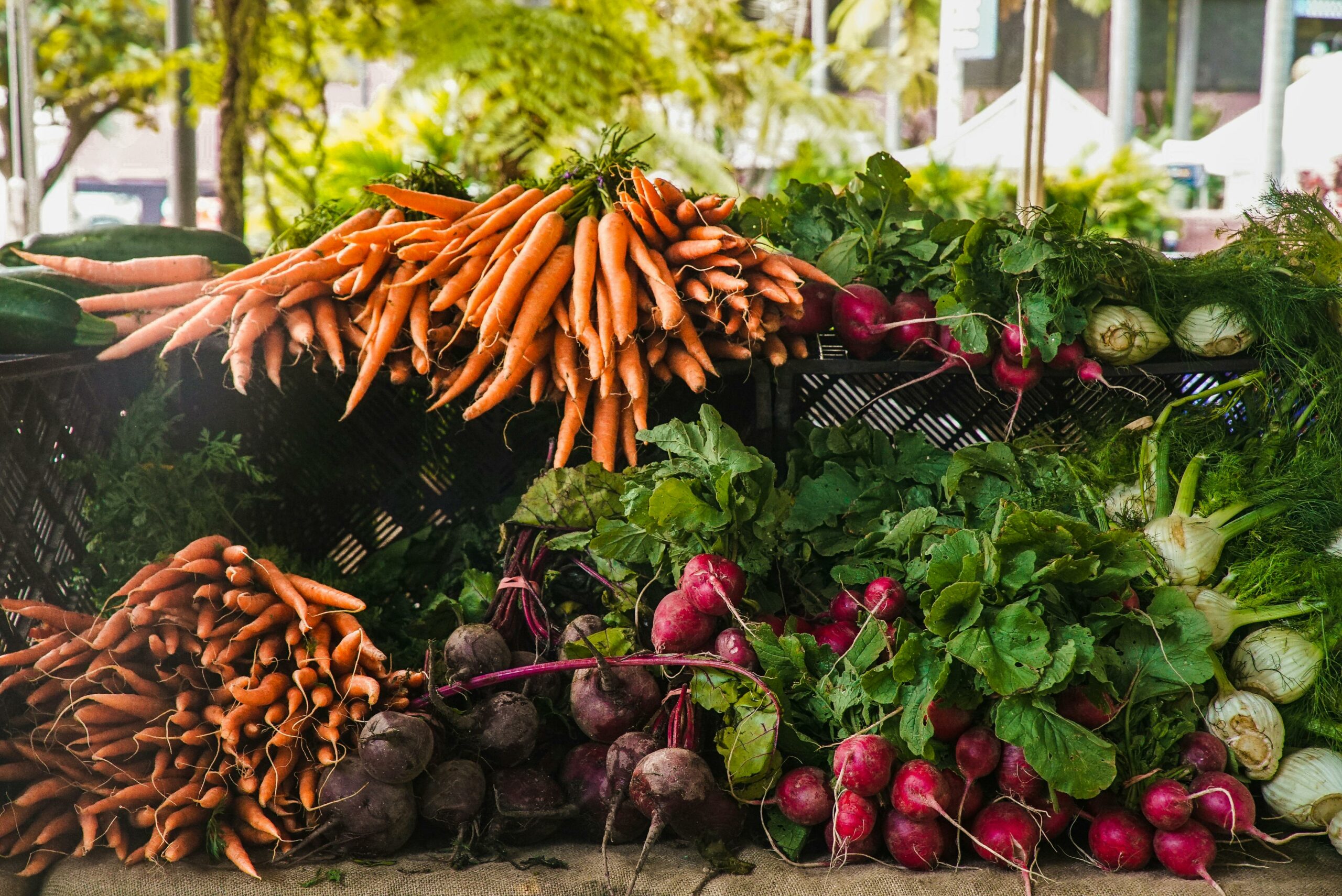On September 29, the world observes the International Day of Awareness of Food Loss and Waste, a crucial initiative by the United Nations aimed at addressing the growing problem of food waste. This day brings attention to the immense amount of food wasted globally and highlights practical solutions to reduce food loss and create a more sustainable and equitable food system.
Each year, around 1.3 billion tons of food is wasted—equivalent to one-third of all food produced for human consumption. This happens across the entire food supply chain, from farms to supermarkets, and ultimately, households. At the same time, 828 million people face hunger globally, revealing a stark imbalance in food distribution. The consequences of food waste go beyond hunger; they are also devastating for the environment. As food decomposes in landfills, it emits methane, a greenhouse gas more harmful than carbon dioxide, contributing to climate change. Additionally, food waste squanders precious resources like water, energy, and land.
Practical Ways to Reduce Food Waste
- Plan Meals: Make a weekly meal plan and grocery list; check your pantry before shopping.
- Store Properly: Keep fruits and veggies in the right conditions; use airtight containers for leftovers.
- Use Leftovers: Repurpose leftovers into new meals; designate a weekly “leftovers night.”
- Compost: Start a compost bin for scraps; enrich soil and reduce landfill waste.
- Share Food: Give excess food to friends, neighbors, or food banks; organize potlucks.
- Buy Imperfect Produce: Choose discounted “ugly” fruits and veggies; support local farmers’ markets.
- Educate Others: Share food waste knowledge with family and friends; teach kids about food value.
Why This Day Matters
The International Day of Awareness of Food Loss and Waste is not just about acknowledging the problem—it’s about inspiring change. Reducing food waste is a critical step toward achieving the United Nations’ Sustainable Development Goal (SDG) 12.3, which aims to halve global food waste by 2030. By making more conscious choices and adopting sustainable practices, we can address global hunger, reduce environmental damage, and conserve valuable resources.
This day is a reminder that everyone—consumers, businesses, and policymakers—has a role to play in tackling food waste. Together, we can create a more efficient, sustainable, and just food system for future generations.









